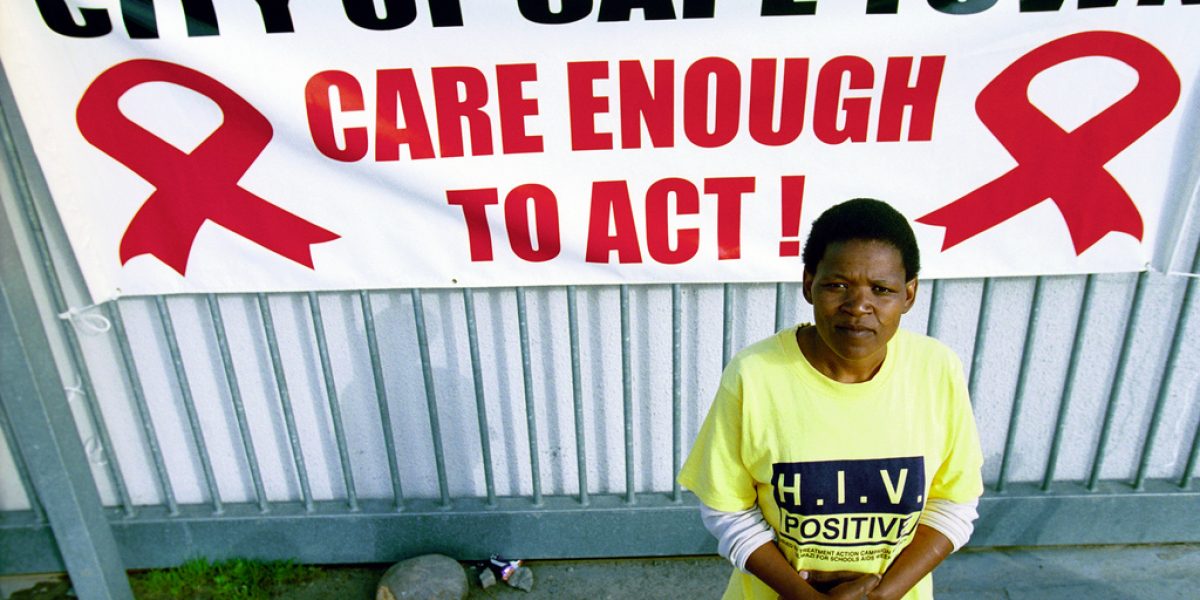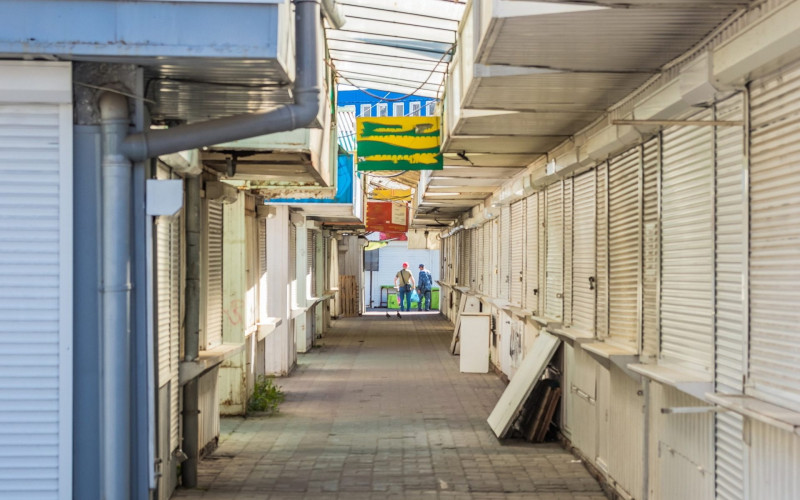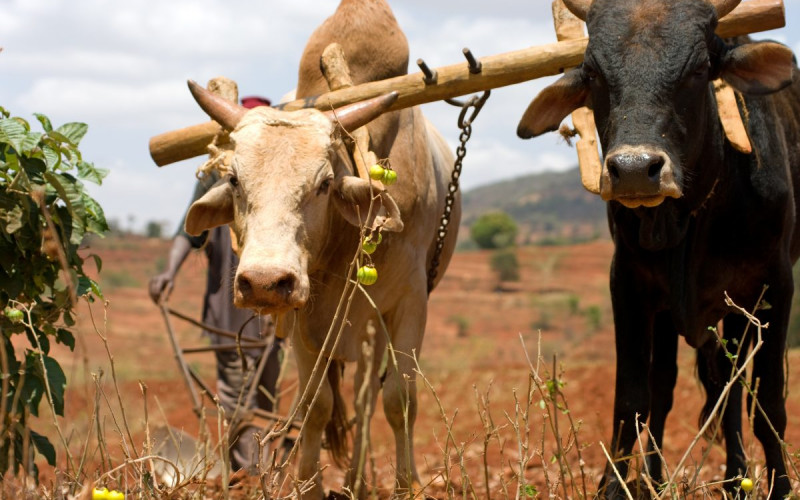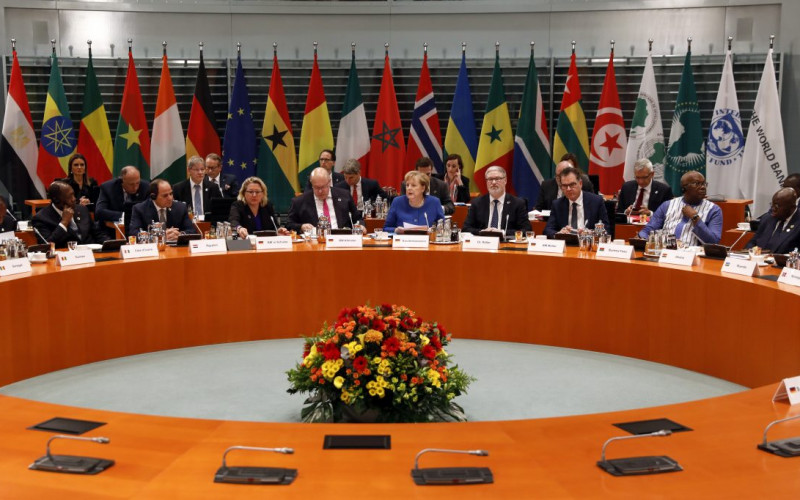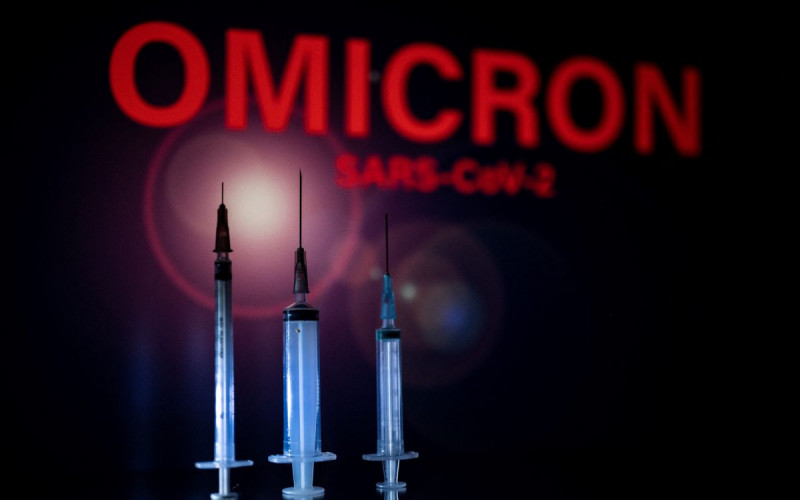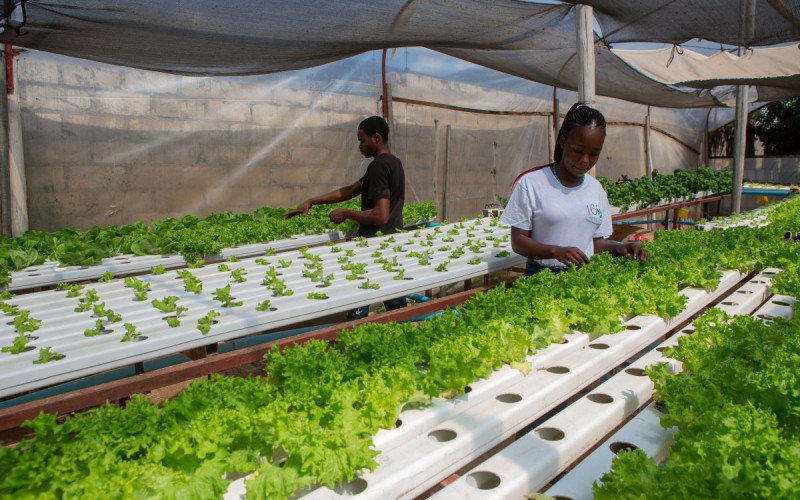The global community is uniquely positioned to make dramatic gains in tackling HIV/AIDS in Africa. As former United States President Bill Clinton has said, if we act, work hard and do it together, it might even be possible to achieve a generation free ofAIDS.
At first glance, such a vision seems dangerously naive. Yet a recent report that details the progress made toward managing the epidemic globally – produced by the Joint United Nations Programme on HIV/AIDS – seems to warrant, at the very least, a slightly upbeat assessment of what the global community could achieve.
The report notes that more people have access to anti-retroviral (ARV) treatment today than three years ago – three million people around the world. In Namibia, 88 percent of infected persons have access to treatment, compared to only one percent in 2004. As a result of improved access, deaths are reported to have dropped from 2.2 million in 2006 to two million in 2007. These are encouraging statistics.
Nonetheless, of the 33 million people living with HIV, 67 percent are in sub-Saharan Africa. Clearly, achieving an AIDS-free generation in Africa will call for a substantial investment of financial, human and other resources. More importantly, it will require of African governments that they muster the political will to implement the governance reforms and foster the changes in political culture needed to tackle the pandemic effectively.
African parliaments need to play a more assertive role in exercising oversight over how state funds are expended – and in ensuring HIV/AIDS funding is put to its intended use. At present, developing countries lose more than U.S. $500 billion a year as a result of poor systems of accountability, according to the Centre for International Policy.
Civil society organisations should also play an aggressive role in monitoring how state funds are managed and in that funds targeted at tackling HIV/AIDS are used properly.
In Zambia, the Jesuit Centre for Theological Reflection has set an example of how to do this by playing a prominent role in calling for legislative reforms partly aimed at ensuring that surpluses raised from debt cancellation are invested in socio-economic development. Similar initiatives from civil society organisations elsewhere will be crucial to managing resources effectively.
Transforming cultural practices will also be critical. This is a complex phenomenon that often takes a long time, but governments and civil society organisations need to be at the forefront of encouraging open public debate on subjects which are marginalised or excluded due to cultural prejudices.
For instance, a representative of an international organisation in Zambia has pointed out how polygamous homosexual practice – a contributor to the prevalence of HIV in that country, remains a subject excluded from public debate, awareness-raising and education efforts.
Rwanda, Burkina Faso and Côte d’Ivoire are countries which attest to the critical importance of political will in making progress on the anti-AIDS battlefront. In Rwanda, decisive leadership has expanded the quality and availability of services deployed to manage HIV – notably by increasing the number of centres where medication to prevent HIV transmission from mothers to children is available. In Burkina Faso and Côte d’Ivoire, strong political will is partly responsible for successful efforts to increase the use of contraception, according to UNAIDS.
Meaningful progress towards tackling HIV/AIDS in Africa will require good political governance and a commitment by African governments to creating open democracies where the free of exchange of ideas is not only encouraged but also actively fostered. In this lies much of our hope for an AIDS-free Africa.

